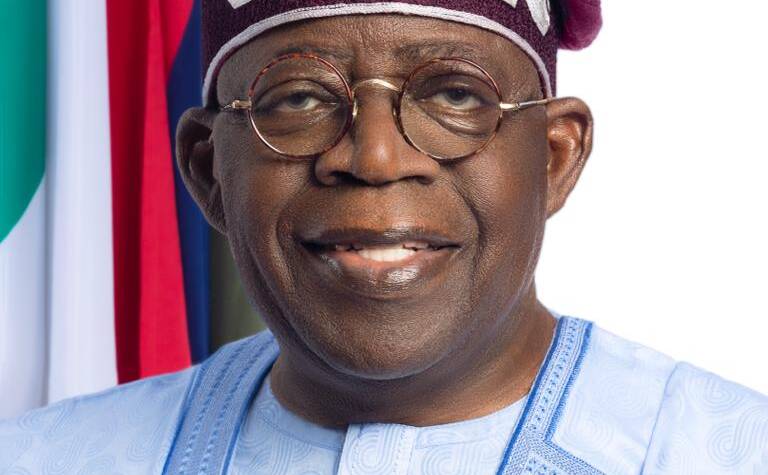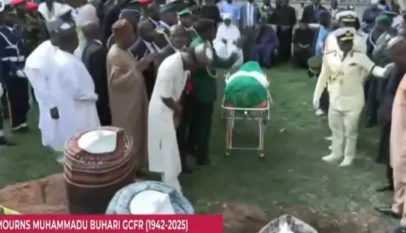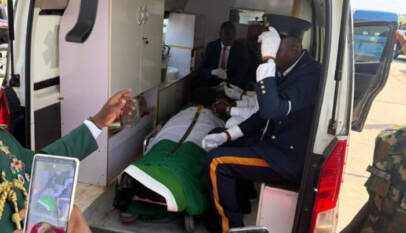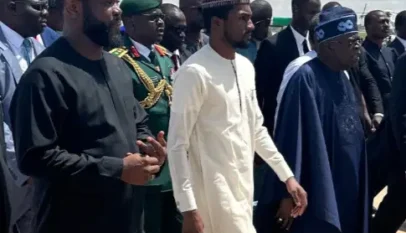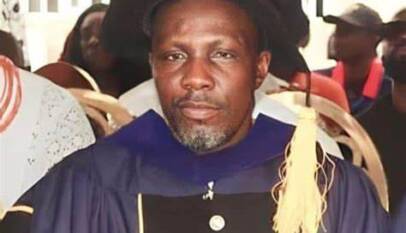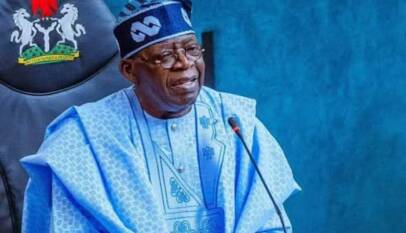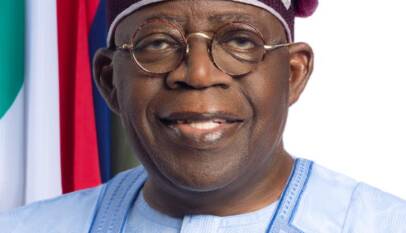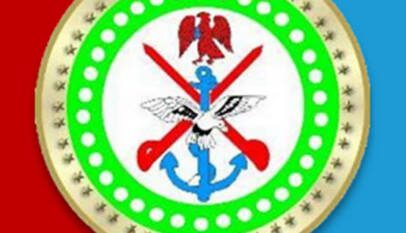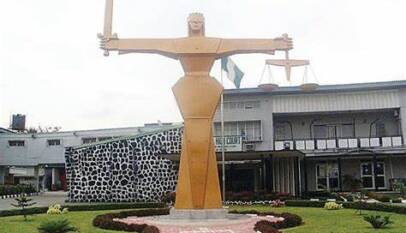President Bola Ahmed Tinubu has summoned an emergency session of the Federal Executive Council (FEC) to pay tribute to the late former President Muhammadu Buhari, who passed away on Sunday, July 13, 2025, in London at the age of 82 after a prolonged illness.
In a solemn statement released Sunday evening, President Tinubu mourned his predecessor, describing him as “a patriot, a soldier, and a statesman,” whose legacy of service and sacrifice shaped Nigeria’s path through both military and civilian leadership.
“To the very core, a patriot, a soldier, a statesman. His legacy of service and sacrifice endures. He served Nigeria with unwavering dedication, first as a military leader from January 1984 to August 1985, and later as a democratically elected President from 2015 to 2023,” Tinubu said.
The president praised Buhari’s firm leadership, highlighting his role in promoting national unity, combating corruption, and instilling discipline within public institutions. “He stood firm through the most turbulent times, leading with quiet strength, profound integrity, and an unshakable belief in Nigeria’s potential,” Tinubu added. “He championed discipline in public service, confronted corruption head-on, and consistently placed the nation above personal interest.”
The emergency meeting of the Federal Executive Council—Nigeria’s highest policy-making body—will be held on Tuesday, July 15, and will be entirely dedicated to honouring the life, leadership, and legacy of the late president. The FEC, composed of cabinet ministers and senior government officials, is expected to reflect on Buhari’s enduring contributions to national development.
In further tribute, President Tinubu has directed that all national flags be flown at half-staff for seven days starting Monday, July 14. “As a mark of respect to our former leader, I have directed that all national flags fly at half-staff across the country for seven days. I have also summoned an emergency Federal Executive Council session on Tuesday, dedicated to his honour,” Tinubu announced.
Muhammadu Buhari’s leadership journey spanned over four decades and two political eras. A retired Major General in the Nigerian Army, he first led the country as Head of State from December 31, 1983, to August 27, 1985, following a military coup. Following Nigeria’s return to democracy, Buhari re-entered politics, running for president multiple times—first in 2003 and 2007 under the All Nigeria Peoples Party (ANPP), then in 2011 on the Congress for Progressive Change (CPC) platform.
In 2015, Buhari achieved a historic victory as the presidential candidate of the newly formed All Progressives Congress (APC), defeating incumbent President Goodluck Jonathan in what became Nigeria’s first peaceful transfer of power through the ballot box. He was sworn in on May 29, 2015, and re-elected in 2019, defeating former Vice President Atiku Abubakar by over three million votes.
His presidency was defined by high-profile anti-corruption campaigns, economic reforms, and a relentless fight against insecurity. While he received praise for his integrity and discipline, his tenure also sparked national debates over economic challenges, security setbacks, and civil liberties.
Plans for a state funeral are expected to be announced in the coming days, with the Presidency coordinating official observances. As Nigeria mourns a former military ruler turned democratically elected leader, tributes continue to pour in, marking the end of an era and the enduring legacy of a man who served his country with conviction and resolve.

